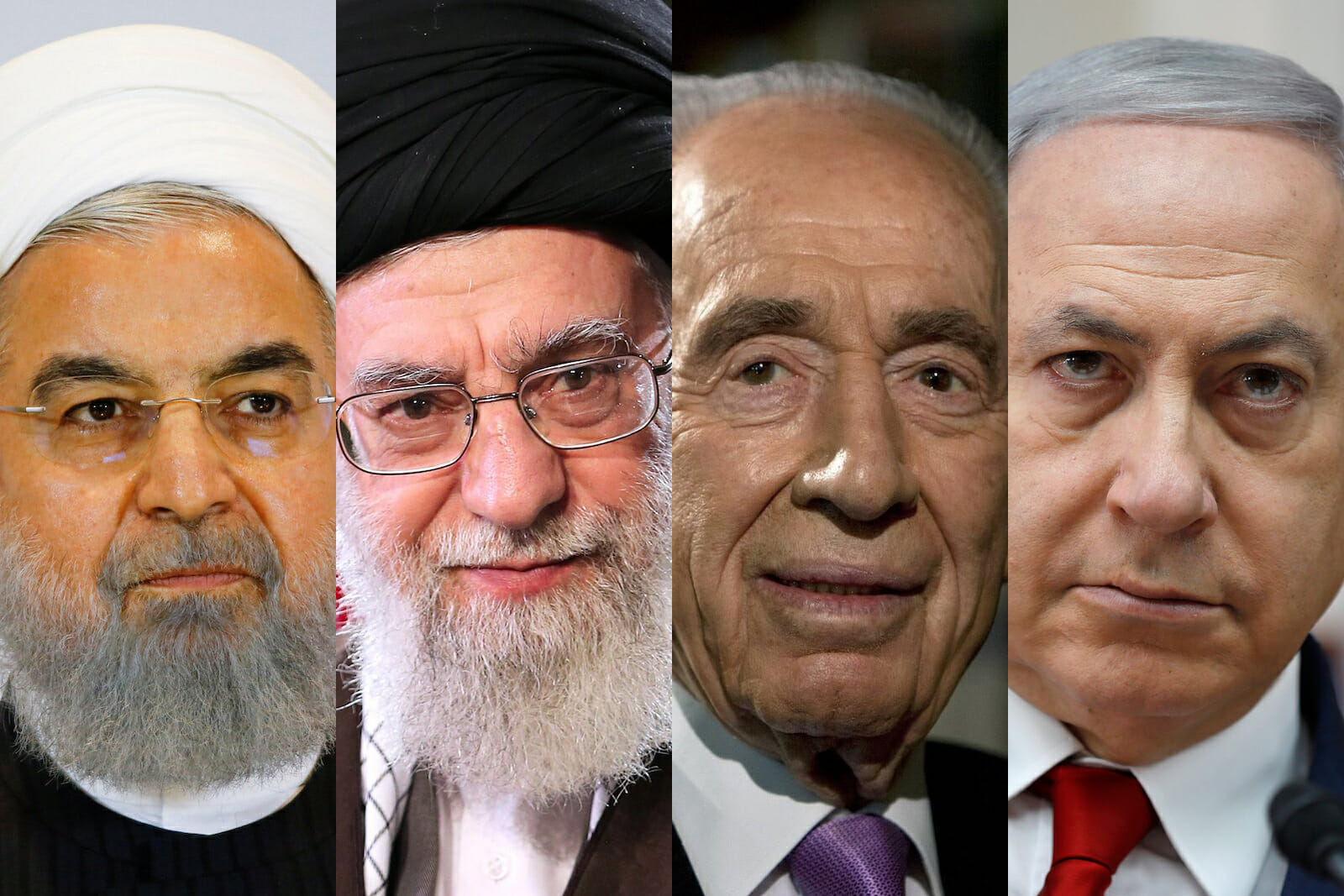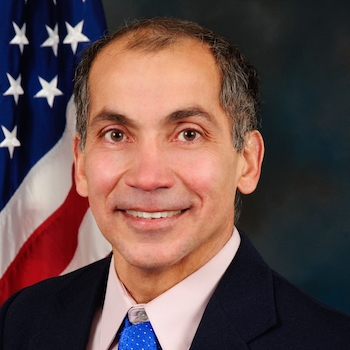
An Israeli-Iranian Dialogue: Why Not?
In early December, Israeli President Shimon Peres stated that he was willing to meet with Iranian President Hassan Rouhani. The Israeli and Iranian media have not paid much attention to this statement so far, probably assuming that such a meeting is unlikely to happen and that the individuals lack the power to cut a deal. Peres’ position as Israeli President is largely ceremonial and the real power is vested in Bibi Netanyahu as Prime Minister. For Iran, although President Rouhani runs the government, ultimate power is vested in Supreme Leader Sayyid Ali Khamenei. Logic might suggest – therefore – that there is little in Peres’ offer. A deeper look into the issue, however, reveals a very different story.
Peres has been a major figure in Middle Eastern politics for over six decades. He understands that reducing tension with Tehran would serve Israeli interests in many areas. Iran has its fingers in almost all the region’s pies. Several of Iran’s allies pose real threats to Israeli national security, most notably Hezbollah in Lebanon.
Israel and Lebanon have not signed a peace treaty. They continue to be in a state of war. Given its global reach and recent evidence from fighting in Syria, Hezbollah is still a challenge for Israel not only from south Lebanon but potentially elsewhere in the world.
Since the 1979 Iranian Revolution, Iranian leaders have generally opposed the Israeli-Palestinian peace process and have thus maintained ties with a variety of Palestinian groups calling for a resistance strategy instead of negotiation.
Israeli leaders maintain a close interest in the civil war in neighboring Syria. An Israeli-Iranian dialogue might help support an end to the Syrian conflict. It might also help resolve the Iranian nuclear issue. In short, as Peres obviously understands, reduced tension between Jerusalem and Tehran would serve several of the Israeli core national security interests.
From the Iranian perspective, a tacit understanding between the two arch-enemies would equally serve Iran’s national interest. Rouhani seeks to rescue the Iranian economy through lifting international sanctions. The nuclear deal reached with major global powers in November is, therefore, a major step in the right direction and Khamenei has publicly endorsed that strategy. The long-term prospects of reintegrating Iran in both economic and political global systems seem promising thus far. Although Netanyahu has taken every conceivable opportunity to reject Western rapprochement with Iran, reduced tensions between Jerusalem and Tehran might cool his jets. Rouhani might seek a way to Washington via Jerusalem.
Hostility between Israel and Iran is not historically rooted as some might think. Jewish and Iranian people have lived in peace over millennia. For hundreds of years, Iran has consisted of multi-ethnic and multi-religious groups living side by side. The country has the second largest Jewish community in the Middle East outside Israel and the Iranian Jews have their own representative in the Iranian Parliament (Majlis) and arguably face less discrimination than religious minorities elsewhere in the region.
One of the earliest attempts to improve relations between the two countries came in the mid-1950s by then Israeli Prime Minister David Ben-Gurion through his so-called “Periphery Doctrine,” which sought to forge alliances between non-Arab Middle Eastern states to contain Arab nationalism. At the beginning of the 1980s, Israel (initially) supported Iran during the Iran-Iraq War and facilitated the transfer of American weapons and spare parts under the so-called Iran Contra Affair. Although Iran still does not recognize Israel, Rouhani has distanced himself from former President Ahmadinejad’s rhetoric of denying the Holocaust.
Despite the long traditions of good relations between the Iranian and Jewish peoples and the potential mutual benefits of reduced tension, an Israeli-Iranian dialogue is not likely any time soon. There is a gulf of mistrust between the two nations despite some limited academic and policy-maker interaction through so-called track II diplomacy. These informal talks, organized mostly by European and Canadian universities and think-tanks, still have the potential to pave the way for a better understanding between Israel and Iran.
Logically, if the potential benefits above make sense, these efforts should receive more financial and diplomatic support by the U.S. as much as other global powers. An understanding between Israel and Iran would help the cause of peace regionally and globally plus serve the interests of the two nations concerned. An Israeli-Iran dialogue makes sense sooner rather than later.


